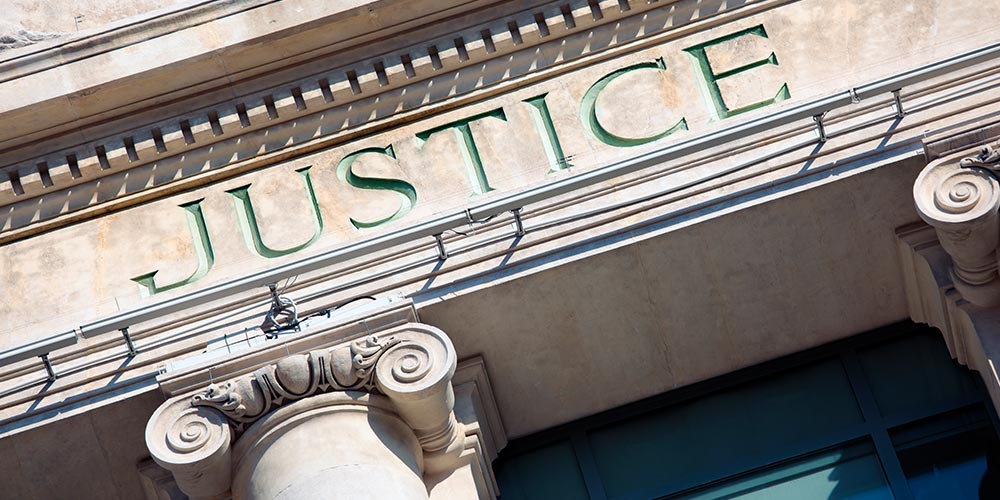UAE has adopted a liberal foreign investment law policy without bias or discrimination. The open door policy imposes few restrictions on foreign investment, and with its potentially abundant natural resources, relatively inexpensive and motivated labor force, Cambodia offers advantages and significant potential in many industries.
- Where do you start when you want to invest in Cambodia?
For many investors, the place to start is the CDC. Established by the 1994 law on Investment, the CDC is the one-stop decision-making body for private and public sector investment. It is chaired by the prime minister and composed of senior ministers from various government agencies. The Cambodia investment Board (CIB) is the CDC’s operational arm for private sector investment. The CIB reviews investment application and grants concessions to investors and investment project meeting the requirement laid out in the investment law.
- What incentives and other benefits does the country offer investors? Are there other benefits?
The types of investment incentives that may be available for qualified investment projects (QIPs) include:
- Profit-tax exemption for specified periods of up to nine (9) years or special depreciation rights;
- Import duty exemptions for production equipment, construction materials and production imports for exported products ;and
- Equal treatment of investors regardless of nationality, including no price fixing, no nationalizations, and free purchase, and remittance of foreign currencies, including remittance of royalties, management fees, profits and repatriation of capital abroad.
Some activities are not eligible for incentives, and some are prohibited.
- Are there any foreign exchange restrictions? Are investors free to take profits out of the country?
There are no foreign exchange restrictions on the transfer of funds into or out of Cambodia through banks. Subject to tax on profits and withholding taxes on dividends, interest, royalist, rent, other income on property, and compensation for management or technical services, investors can freely repatriate the proceeds from their investment. In the event of liquidation, an investor is free to transfer the proceeds (assets).
- Are there any protections for the investors?
The law states that foreign cannot be discriminated against and are equal in the eyes of the law to national business with the sole exception being ownership of land.



